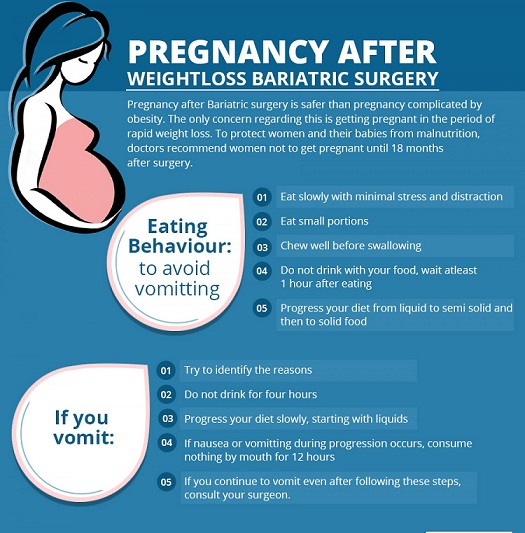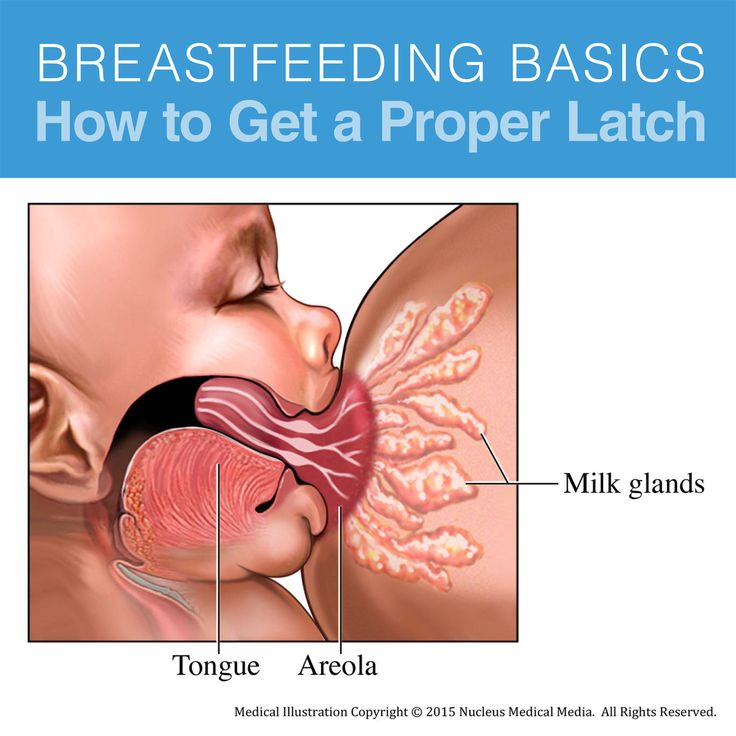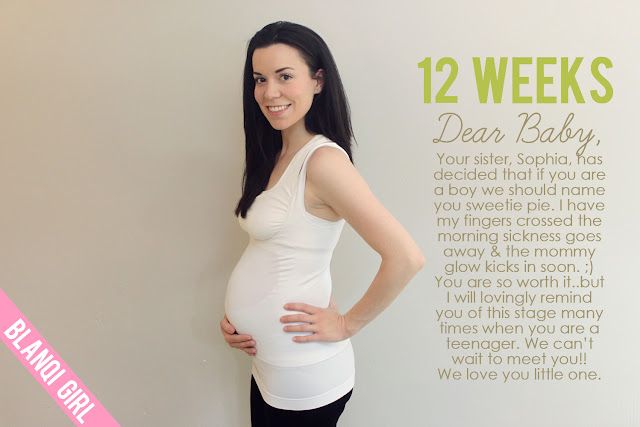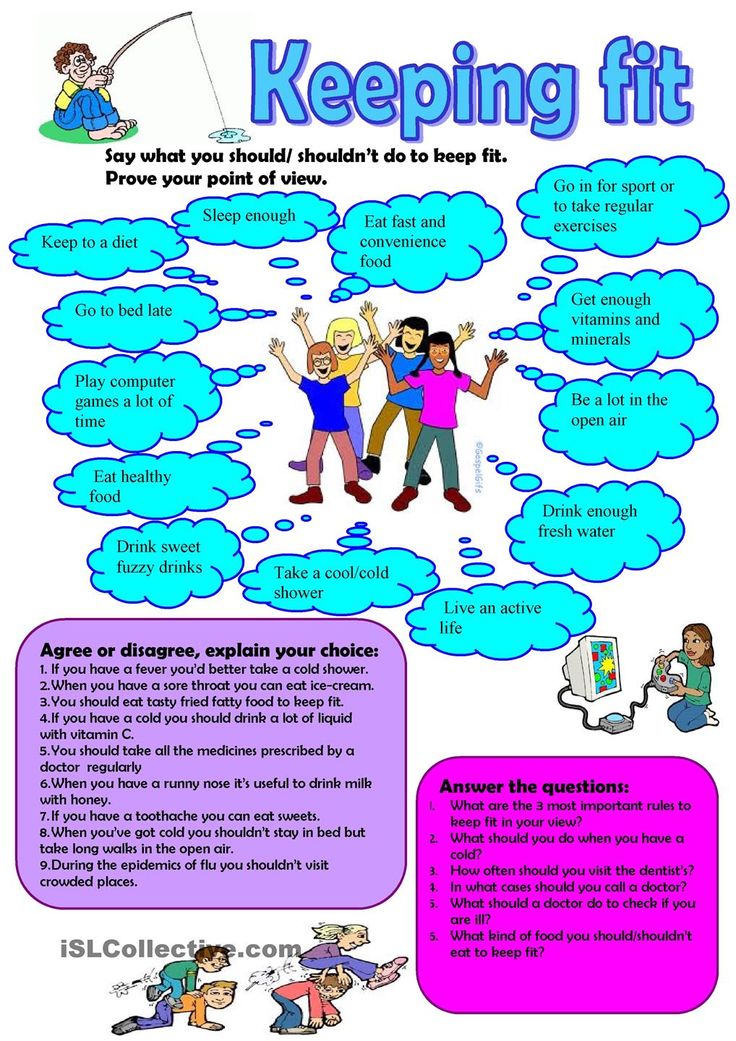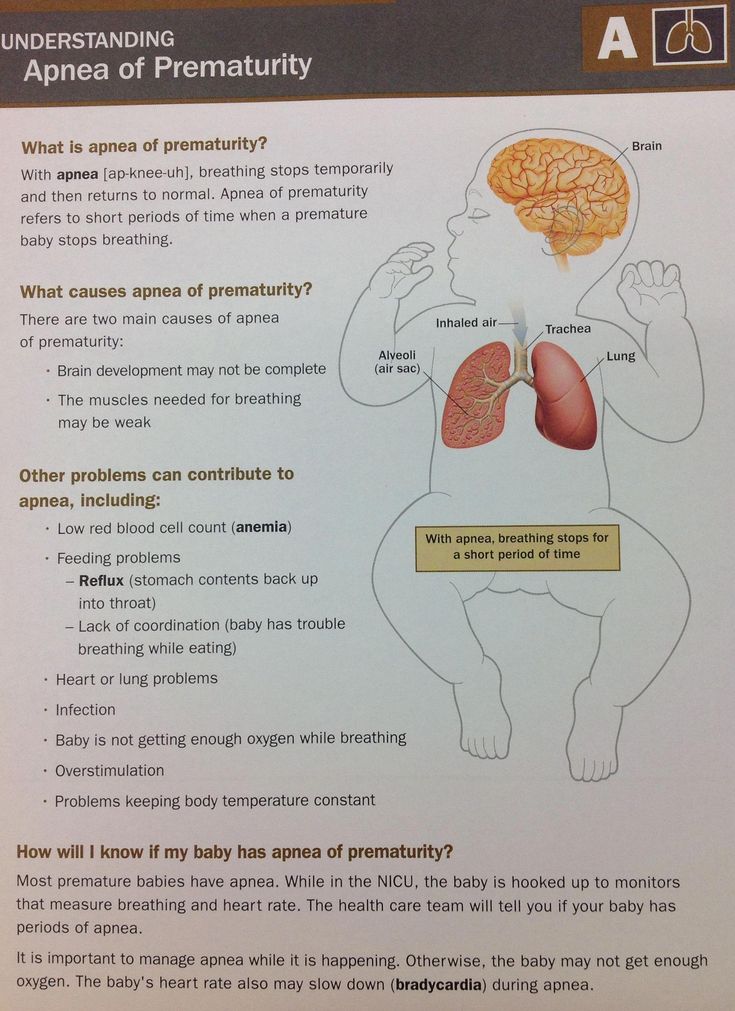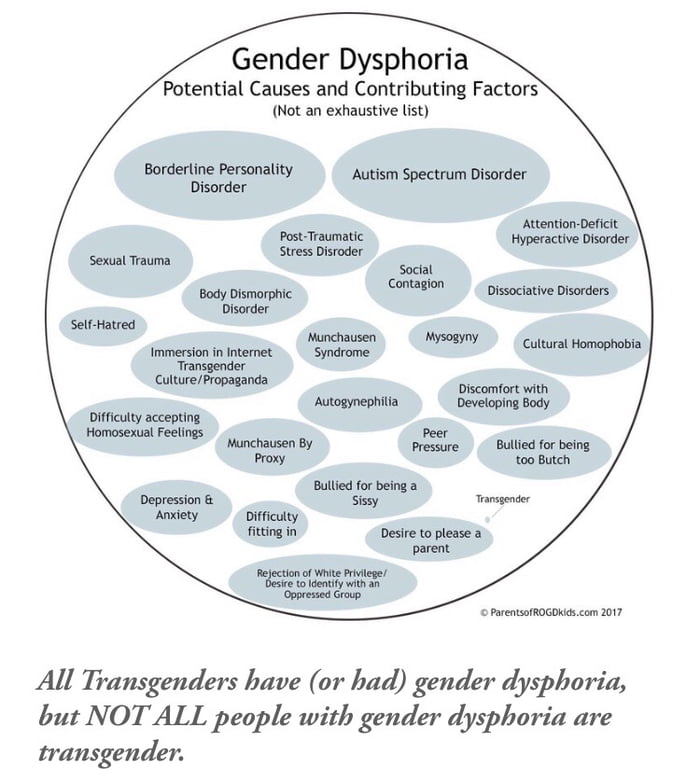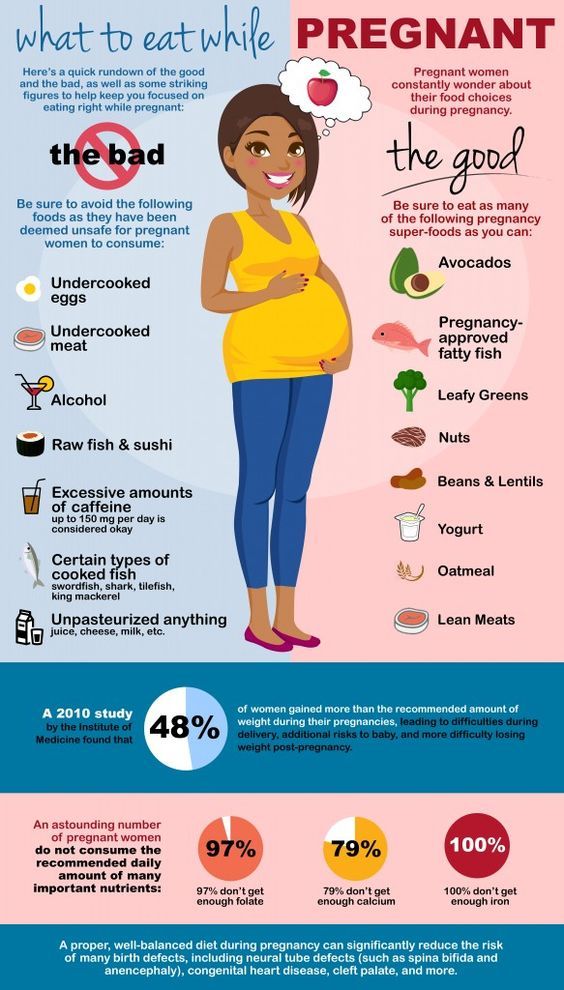1 month old sleep habits
How to Get Your Newborn on a Great One Month Old Sleep Schedule
The truth is that a 1 month old does not have a set schedule. Set-in-stone one month old sleep schedules can set you up to fail because they assume you can control or predict how long your little one naps for, and that is almost impossible to do in this newborn stage. Naps can vary in length day to day. In addition, what do you do if your little one doesn’t nap as long as the schedule says, or naps more? Do you keep them up until the next nap time even though they are tired?
I teach my clients a “flexible schedule” or a “daily flow.” This helps you gather some predictability to your day as you can project ahead to what your baby will need in a few hours. The idea is that every time your baby wakes up, you are projecting out to when the next nap should fall. Every time your baby eats during the day you are projecting out to the next 3 hours to when the next feed needs to be.
3 Things You Need to Know About Your One Month Old Sleep Schedule
1.
The most important thing at this age is making sure that if you are breast feeding that you are getting your milk supply up and well established.
If you are formula feeding that your baby is adapting well to the formula.
For both scenarios you want your baby to be back up to birth weight and maintaining a weight curve. If that’s not happening for you, don’t worry about sleep now and focus your energies on that.
2. It’s your job to decide when sleep needs to happen.
The first couple weeks of life most babies wake up, eat and fall back asleep. But this is only for a few weeks and in general babies don’t just always fall asleep when they are tired.
A baby 0-2 months of age needs to be back asleep from being awake in 45 minutes to 1 hour during the daytime.
If you surpass that time, it can be harder to get your baby to fall asleep, and then stay asleep.
Sleep begets sleep.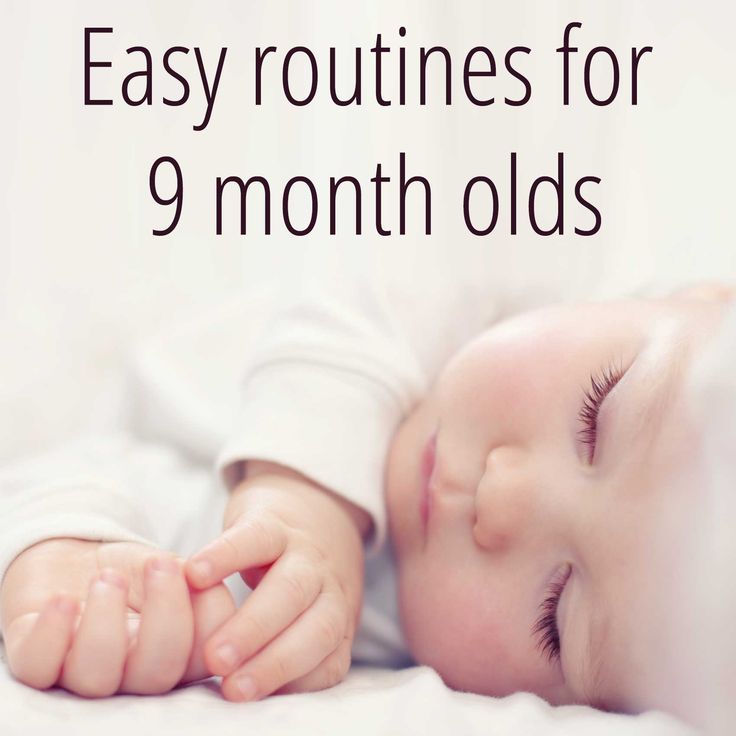 The more well rested your baby is, the easier it is to fall asleep and then stay asleep.
The more well rested your baby is, the easier it is to fall asleep and then stay asleep.
3. You need to become a sleep detective
Newborns can be fussy and it’s your job to figure out why that is. Possible causes of babies being fussy are:
- Hunger
- Gas
- Being overstimulated
- Being overtired
The Dunstan Baby Language is a great resource for learning what different cries mean and distinguishing the root cause of your baby’s discomfort.
Sample One Month Old Sleep Schedule Example
7:30 am - Wake up and feed #1
8:30 am - Nap 1 - back asleep
10:00 am - Wake up and Feed #2 - 2.5 hours since last feed
- This first nap of the day tends to be the longer nap for many kids until roughly 4 months
11:00 am - Nap 2 - 1 hour
- During nap, woke at 30 minutes, Mom picked up burped and soothed her back to sleep and extended nap to 1 hour
12:00 pm - Awake
1:00 pm - Nap 3 - 45 minutes
1:45 pm - Awake
1:45 pm - Feed #3 - 3hrs 45 min since last feed
2:45 pm - Asleep
4:15 pm - Nap 4 -1.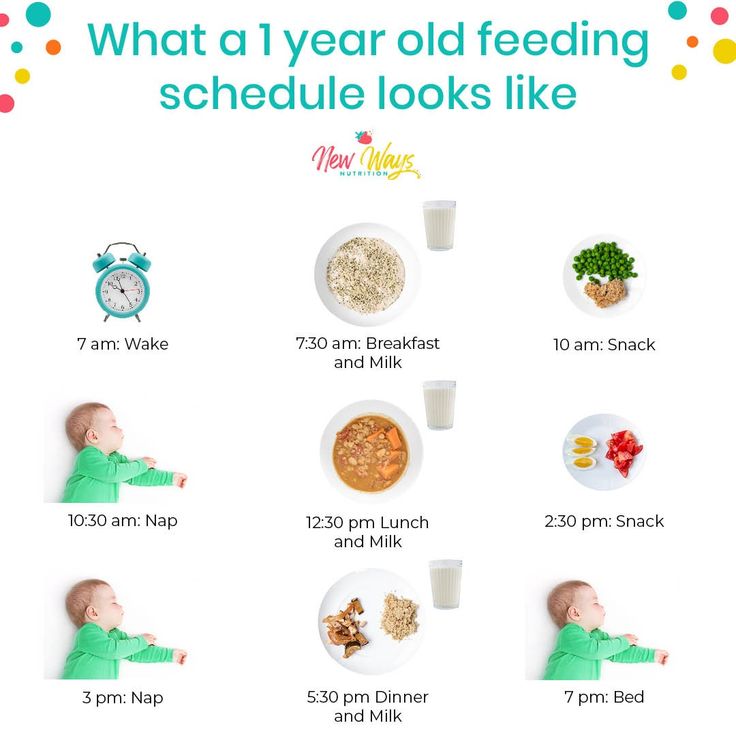 5 hours
5 hours
4:45 pm - Awake and Feed #4 - 2 hours since last feed
5:45 pm - Nap 5
6:56 pm - Awake
Witching period - lots of cluster feeding and possibly some mini naps at the breast/bottle in this time
7:00 pm - Feed #5 - 1:45 since last feed
8:00 pm - Trying to get down for the night, this might take up to 1 hour of cluster feeding, burping, settling, wanting to feed again.
Goal of 9 pm asleep if possible.
9:00 pm - Asleep
10:00 pm - Dreamfeed before Mom goes to sleep
2:20 am - Awake and Feed (4.5 hours)
5:20 am - Awake and Feed (3 hours)
7:30 am - Awake for the day
What’s important in this schedule
- Trying to get your baby back to sleep within 1 hour of being awake during the day
- Intentionally feeding both sides every 3 hours during the day
- Trying to feed on wake up rather than putting down to sleep
- Trying to get naps to be 45 minutes or more
- Witching period of fussy baby from 6-10 pm is real
- Baby is tired and your milk supply is lower so you have competing needs of tired and hungry = fussy
- Trying to get 15 - 18 hours of total sleep in 24 hours
What’s NOT important about this schedule
- The times listed - your baby may wake up at 7 am for the day and change the times of naps - it’s the time intervals between feeds and sleeps that is important
- The exact nap lengths.
 Newborn nap lengths may vary day to day. Maybe she only takes a 45 minute nap at the beginning of the day and wakes happy and content. That’s okay, start your 1 hour awake time from that time.
Newborn nap lengths may vary day to day. Maybe she only takes a 45 minute nap at the beginning of the day and wakes happy and content. That’s okay, start your 1 hour awake time from that time.
Did you know that your baby's most important sleep habits are learned in their first 8 weeks? The habits they form early on affect their sleep as they age, and teaching your newborn healthy sleep habits now can prevent the headache of having to unlearn bad habits down the road. That’s why I’ve created the Helping Newborns Sleep class –– to ensure that moms and newborns can get started building healthy habits, sleep 6-8 hours straight a night and ENJOY the newborn stage. Check out the class for step-by-step guidance for having a happy, health, and well-rested newborn.
Sleep and Your 1- to 3-Month-Old (for Parents)
Just when you think that getting more shut-eye is a far-off dream, your baby will begin to sleep longer stretches at night. Baby's sleep cycle is getting closer to yours, and your little one may be feeding less often at night.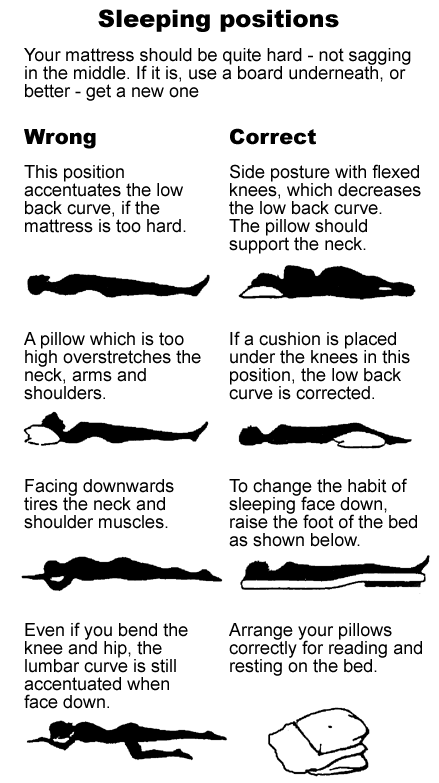
But don't assume you'll be hitting the snooze button just yet. At this stage, "sleeping through the night" is considered to be a stretch of only 5 or 6 hours.
How Long Will My Baby Sleep?
Because babies this age are more awake, alert, and aware of their surroundings during daylight hours, they're more likely to be tired at night and sleep. But the range of normal is still very wide.
Infants up to 3 months old should get 14–17 hours of sleep over a 24-hour period, says the National Sleep Foundation. Many will have settled into a daily sleep routine of 2-3 naps during the day, followed by a longer "sleeping through the night" stretch after a late-night feeding.
How Should Babies Sleep?
The American of Academy of Pediatrics (AAP) recommends room-sharing without bed-sharing for at least the first 6 months or, ideally, until a baby's first birthday. This is when the risk of SIDS (sudden infant death syndrome) is highest.
Room-sharing is when you place your baby's crib, portable crib, play yard, or bassinet in your own bedroom instead of in a separate room. This keeps baby nearby and helps with feeding, comforting, and monitoring baby at night.
This keeps baby nearby and helps with feeding, comforting, and monitoring baby at night.
While room-sharing is safe, putting your baby to sleep in bed with you is not. Bed-sharing increases the risk of SIDS and other sleep-related deaths.
Follow these recommendations for a safe sleep environment for your little one:
- Always place your baby on their back to sleep, not on the stomach or side. The rate of SIDS has gone way down since the AAP began recommending this in 1992.
- Use a firm, flat sleep surface. Cover the mattress with a sheet that fits snugly.
- Do not put anything else in the crib or bassinet. Keep plush toys, pillows, blankets, unfitted sheets, quilts, comforters, sheepskins, and bumper pads out of your baby's sleep area.
- To avoid overheating, dress your baby for the room temperature and don't overbundle. Don't cover your baby's head while they're sleeping. Watch for signs of overheating, such as sweating or feeling hot to the touch.
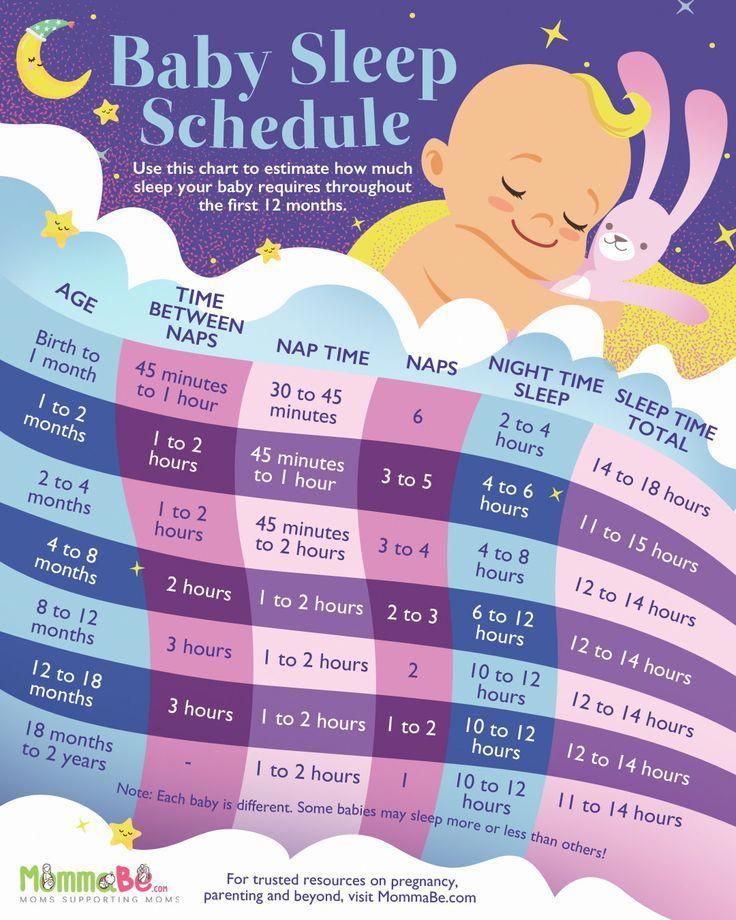
- Keep your baby away from smokers. Secondhand smoke increases the risk of SIDS.
- Offer a pacifier to your baby at sleep time, but don’t force it. If the pacifier falls out during sleep, you don’t have to replace it. If you're breastfeeding, wait until breastfeeding is firmly established.
- Watch out for other hazards, such as items with cords, ties, or ribbons that can wrap around a baby's neck, and objects with any kind of sharp edge or corner. Look around for things that your baby can touch from a seated or standing position in the crib. Hanging mobiles, wall hangings, pictures, draperies, and window blind cords could be harmful if they are within a baby's reach.
- Don’t let your baby fall asleep on a product that isn’t specifically designed for sleeping babies, such as a sitting device (like a car seat), a feeding pillow (like the Boppy pillow), or an infant lounger (like the Dock-a-Tot, Podster, and Bummzie).
- Don’t use products or devices that claim to lower the risk of SIDS, such as sleep positioners (like wedges or incliners) or monitors that can detect a baby’s heart rate and breathing pattern.
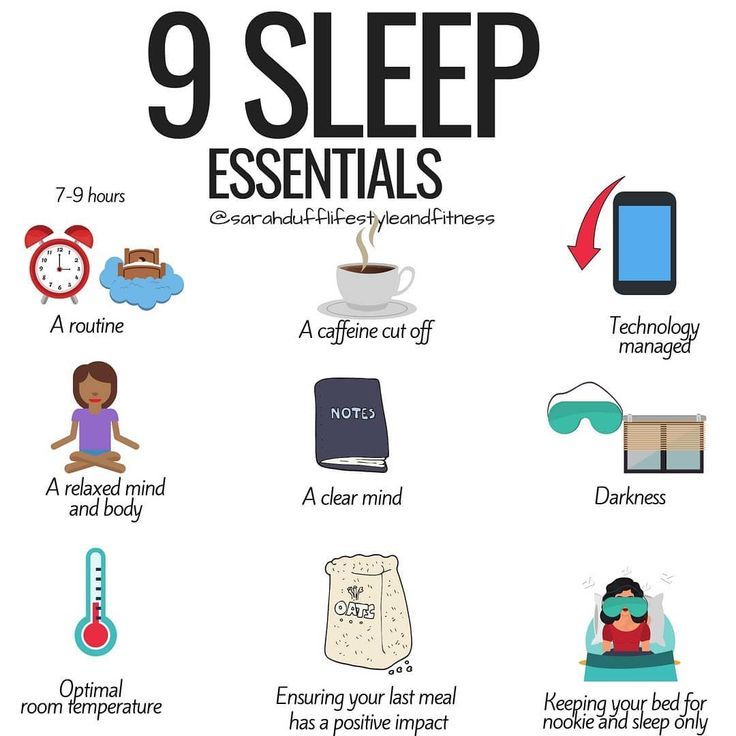 No known products can actually do this.
No known products can actually do this. - Don’t use weighted blankets, sleepers, or swaddles on or around your baby.
- Make sure that all sleep surfaces and products you use to help your baby sleep have been approved by the U.S. Consumer Product Safety Commission (CPSC) and meet federal safety standards.
Helping Your Baby Sleep
If you haven't already, start a bedtime routine that will be familiar and relaxing for your baby. Bathing, reading, and singing can soothe babies and signal an end to the day. Some babies like to be swaddled (wrapped in a light blanket). This is OK until they start to roll (typically, when they're 3 to 4 months old). Be consistent and your baby will soon associate these steps with sleeping.
If you rock your baby to sleep before bedtime, your little one may expect to be rocked to sleep after nighttime awakenings. Instead, try putting your baby into a crib or bassinet while drowsy but still awake. This way your baby will learn to fall asleep on their own.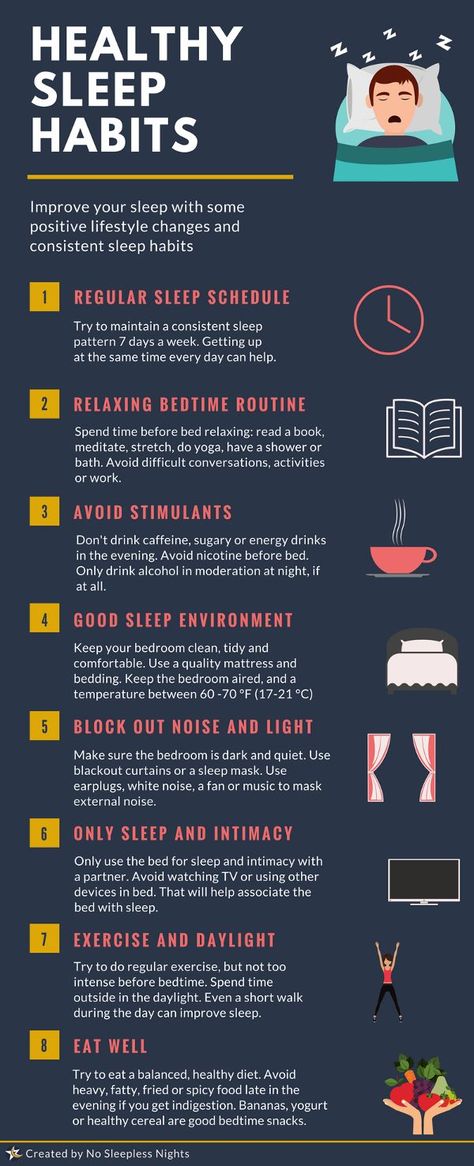
Some babies squirm, whine, and even cry a little before falling back to sleep on their own. Unless you think that your baby is hungry or ill, see what happens if you leave your baby alone for a few minutes — they might settle down.
If your baby wakes during the period that you want them to sleep, keep activity to a minimum. Try to keep the lights low and resist the urge to play with or talk to your baby. Change or feed your baby and then return your little one to the crib or bassinet.
If your baby is waking early for a morning feeding, some small changes may allow a slight shift in schedule. You might try waking your baby for the late-night feeding at a time that suits your sleep schedule:
- For instance, if your baby sleeps after a 7 p.m. feeding and wakes up at 2 a.m. to eat, try waking the baby to feed at 11 p.m. Then, put your little one down to sleep until an early-morning feeding at 5 a.m. or 6 a.m.
It may take a few nights to establish this routine, but being consistent will improve your chances of success.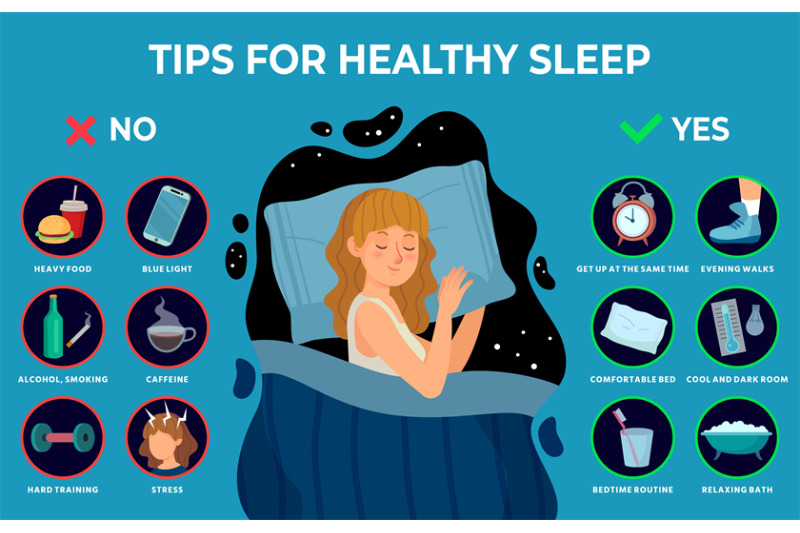
When Should I Call the Doctor?
Some infants at this age will start sleeping through the night, but there is a wide range of normal. If you have questions about your baby's sleep, talk with your doctor.
Daily routine of a child at 1 month
The sleep of a newborn baby causes concern and anxiety in young parents. The baby can sleep all day and stay awake at night. Or do not sleep at all “neither day nor night” - wake up at short intervals, demand a breast. Chaos, the absence of any predictability and regimen is the norm for a baby in the first month of life.
In this article we will tell:
— about the features of sleep and wakefulness of a newborn baby (day routine of a child at 1 month)
— about how to navigate the sleep-wake cycles
— what daily routine is optimal for a newborn
— about what affects the quality of baby’s sleep
— is there a relationship between the state and mood of the mother and sleep baby
Features of sleep of a newborn
Newborn babies sleep a lot, but chaotically! This is due to the physiological immaturity of the brain.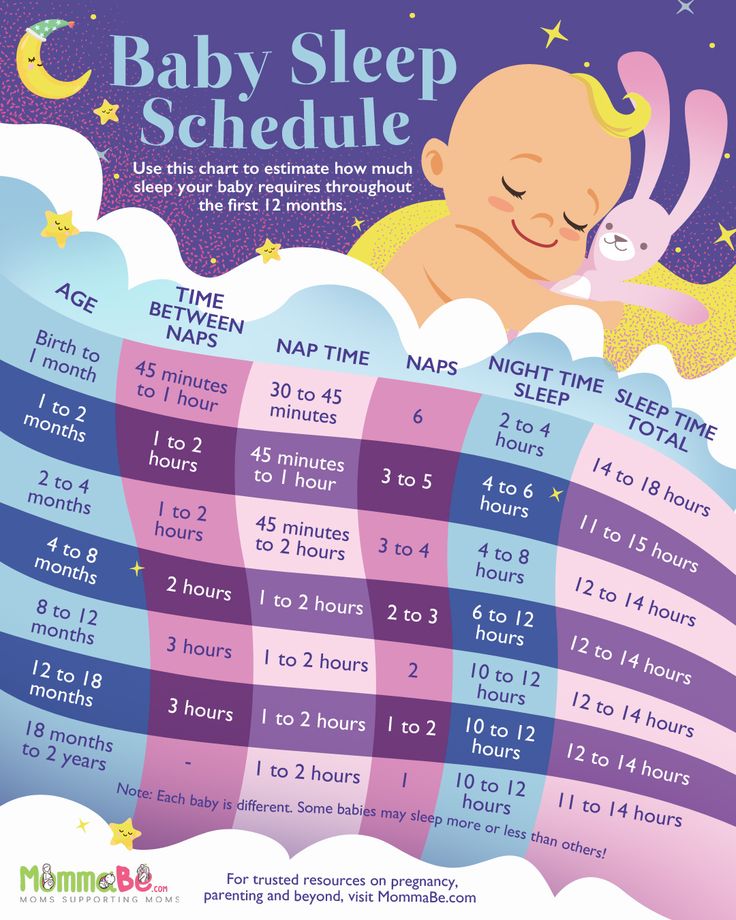
In the daily routine of a one-month-old baby, the total number of hours of sleep during the day is about 8-9hours and about the same at night. In total, the baby sleeps 16 - 18 hours a day. The sleep of babies is very superficial, since 50% of sleep is the active phase, and the synthesis of their own “sleep hormone” melatonin will improve only by the 3rd month of life. For the same reason, children in the first month of life do not distinguish day from night. There is no clear daily routine for babies from birth to 3 months.
It's too early to talk about the timetable, early bedtime, specific times for waking up and eating.
What we used to call the daily routine of older children is more like a rhythm of sleep and wakefulness in newborns - a change in food and dream cycles. In a newborn, this cycle is 2-3 hours.
Baby's wake time
From birth, baby's wake time can be 20-40 minutes. By the end of the first month, the time of wakefulness increases and can be up to 60-90 minutes.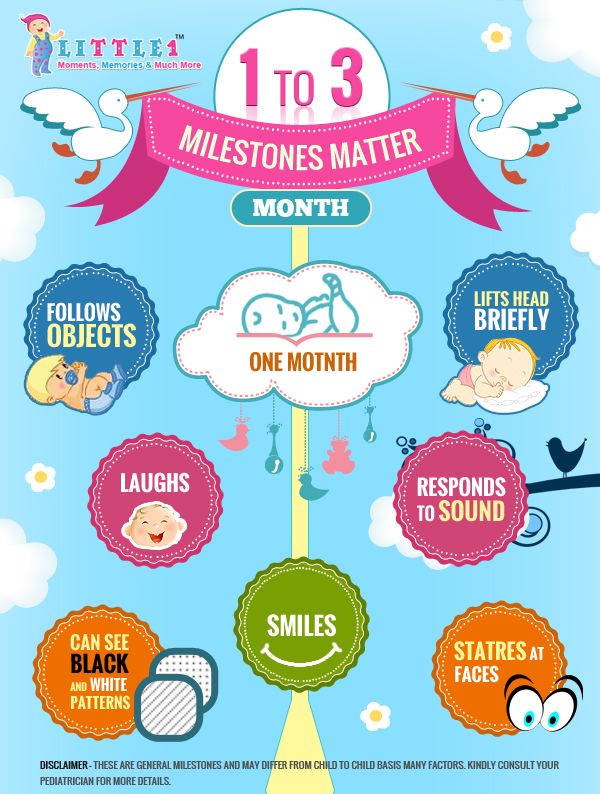
It is very important not to overwork the child and watch for signs of fatigue. And remember that the time of wakefulness of the child in the first month includes active and calm wakefulness, preparation for sleep, ritual and falling asleep.
Quiet wakefulness is very important during this period! Try to avoid visiting noisy and crowded places with your newborn baby. The protective reaction of the nervous system of newborns is the "shutdown" at the time of excessive external stimulation of the nervous system. Babies turn off in noisy places. Outwardly, it looks like the child has fallen asleep. And parents most often perceive these situations as "nothing special is happening, the child is just sleeping." But such a dream is not healthy. The child's nervous system simply cannot withstand the load - light, noise, a lot of people around and "turns off", and the child does not rest properly.
Child's diet
In the diet of a newborn, only breast milk (for infants with breastfeeding) or formula (for infants with IV).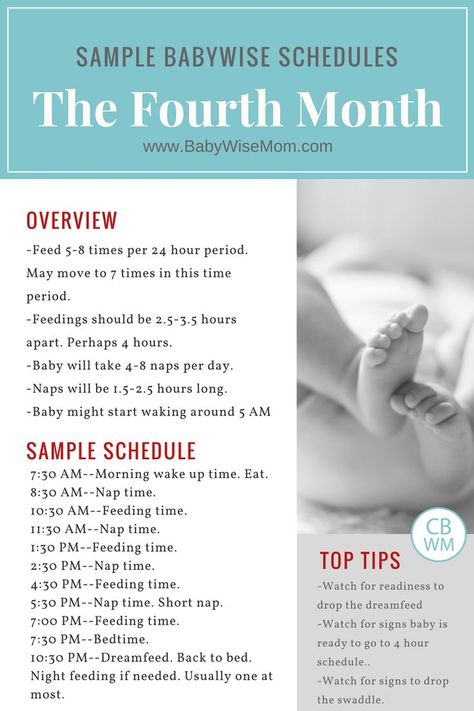
- The baby's daytime feeding regimen is feeding once every 1.5-2 hours, if we are talking about breastfeeding
- At night, the baby can wake up about 3 times a night to eat. The stomach is still too small and the baby cannot eat enough to sleep through the night without waking up.
3 feedings a night are enough for a baby to be fed. In practice, babies wake up much more often. This happens because, in addition to milk as the basis of nutrition, the baby also needs a mother - her warmth, hugs, smell, voice.
To be without a mother for a long time, a baby still cannot fall asleep without her - the nervous system is still very immature and the baby needs mother's help and her presence.
Baby sleep from 0 to 3 months
What will help your baby sleep better in the first month?
The baby still cannot calm down by himself, and the task of the parents is to help him with this. The most soothing means for a baby at 1 month old are sensations reminiscent of the mother's womb: blackout, "white noise", slight motion sickness and squeezing, the proximity and smell of mother's mother - breasts, hands, voice
- Close curtains.
 The baby does not yet have its own melatonin, but dark curtains allow not to irritate the nervous system with bright light. And also to build the association “we sleep in the dark - we are awake in the light”
The baby does not yet have its own melatonin, but dark curtains allow not to irritate the nervous system with bright light. And also to build the association “we sleep in the dark - we are awake in the light” - Use white noise. Heartbeat, wind or waves, mother's voice recording (singing or hissing) can be used if the mother cannot always be present during the child's falling asleep and dreams.
- Gently rocking your baby to help him relax and fall asleep. Just do not overdo it, too intense motion sickness is dangerous and can damage the baby's brain.
- Swaddling, when done safely - helps to reduce involuntary shuddering and improve sleep.
Mom's presence is the most important and most soothing association. The first 3 months of life can be considered the "fourth trimester" - full-term. Therefore, mother, her closeness is what the baby really needs both during wakefulness and during dreams.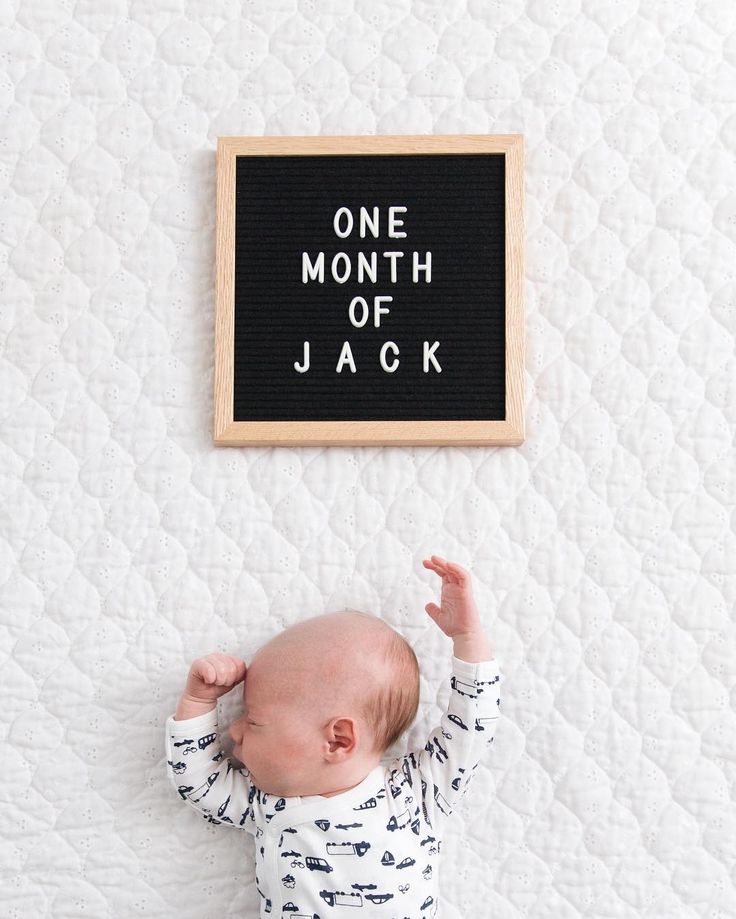
In addition to the soothing conditions of sleep, it is very important to observe the time of wakefulness and not to overdo it. The biggest enemy for a baby's sleep at 1 month old is overwork. The baby, having “overdone” his waking time, can overwork, and the cortisol released into the blood will prevent calming and falling asleep, it will be difficult to put the baby to bed, and the subsequent sleep will be superficial and disturbing.
As a guide, use the wakefulness limits for babies at 1 month. But depending on the condition of the baby, time of day, weather conditions, the time of wakefulness may vary. It is very important for parents to be flexible, to take into account the signs of fatigue of the baby when putting him to bed.
The mother's condition and mood greatly affect the baby
Mother and baby are in a very close relationship, this is especially pronounced in the first months of the baby's life.
Mom is sensitive to her child:
— Mom's milk is able to adapt to the needs of the baby, changing its composition.
— The mother's sleep also changes, becomes seismic, so the mother is always “on the alert”, she can watch over her child even in her sleep.
The baby, in turn, is also attuned to his mother:
— Any changes in the mother's condition, physical or emotional, affect the baby.
- When a mother is stressed, her cortisol is transferred to the child. Cortisol is the main antagonist of melatonin and will interfere with calm. While the mother’s calm state, soothing, “endorphin” voice will lull the baby to sleep.
It is very important for a mother to take care of herself, to involve loved ones, if possible. When a mother is in a resource, she will have much more strength, energy, warmth of opportunities to help her baby, to be in contact with him. And then her very presence will not only contribute to the quality sleep of the baby, but also strengthen the attachment between mother and baby. And this is the most important task of the first year of a child's life.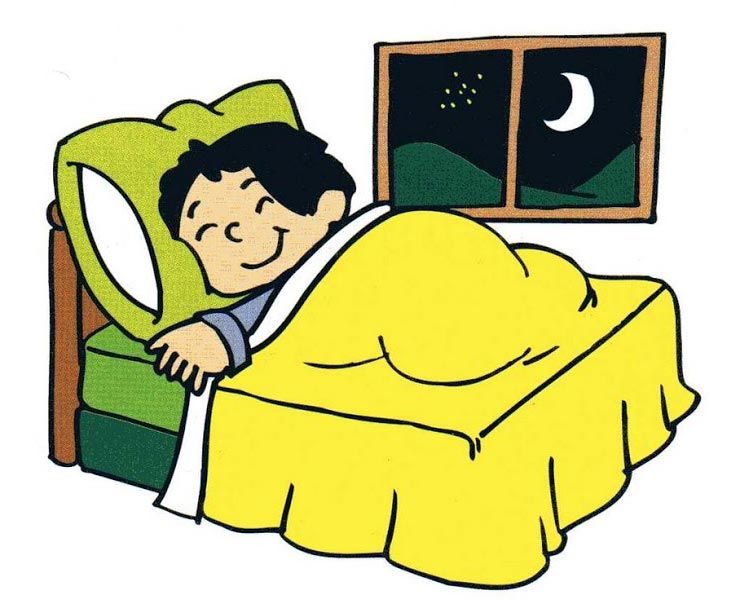
If your baby is 1 month old , then mom and dad will probably be interested to know what are the characteristics of the baby's development during this period.
The first weeks of a baby's life are considered very responsible. This is the real test of strength for parents. Now you need to get used to the fact that a little angel has appeared in your life, in need of care, attention and love. In turn, your child will adapt to the new big world.
In order not to worry once again because of every trifle, it is important for parents to know how their little one develops during this period: what the baby should be able to do and how to properly care for him.
Read about it in our material.
Physical development of children 1 month
The first days of a little man's life raise a lot of questions from new parents. We are well aware that such pleasant changes in life are perceived very excitingly. However, even more changes await your baby, who, having left his mother's tummy, must adapt to the new environment.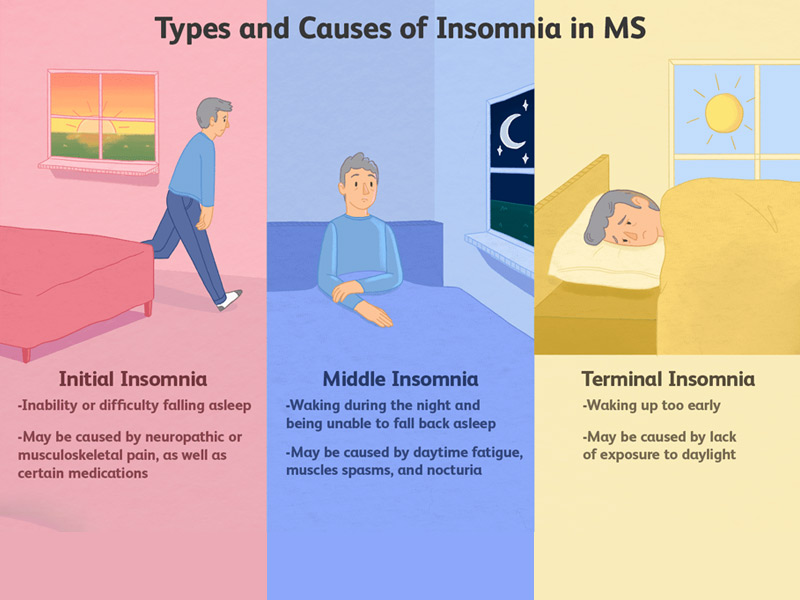
Do not worry if you notice that after the maternity hospital, the weight of the little one has slightly decreased (weight loss equal to 10% of the total body weight of the baby recorded at birth is considered the norm).
By the way, about the weight and height of your little one:
- What can a baby boy at 1 month old: a baby should weigh 4,450 g on average with a height of 54.5 cm.
- What a baby girl can do at 1 month old: the baby should weigh 4,150 g on average with a height of 53.5 cm.
Every baby develops at their own individual pace, so the figures shown above may differ from those of your baby.
According to WHO standards, by the end of the first month of a little man's life, his height can vary between 52-57 cm, and his weight can be approximately 3600 - 5100 g.
If your indicators are very different from the norm and your sun is very underweight or, on the contrary, overeats, we recommend that you contact your pediatrician.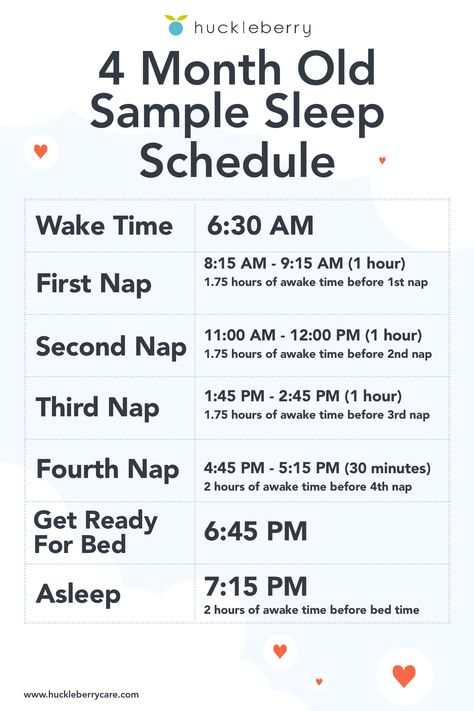
In addition to height and weight, your child can boast of other successes in physical development:
- Speech and facial expressions are actively developing. The angel signals his well-being with a smile when he feels good or crying when he is uncomfortable or afraid of something.
- Smell and touch become more sensitive. That is why pediatricians recommend avoiding strong odors and giving up synthetic items that can provoke allergies. At DemiBaby, we sew all baby clothes for newborns from good-quality knitwear that is pleasant to the body and maintains proper heat transfer. Your baby will grow up healthy!
- Improves hearing and vision. To stimulate this process, hang various rattles, mobiles and toys at a distance of about 50-70 cm from the child.
Mental development of a child of 1 month: what a child should be able to do
The mental development of your child at 1 month is relevant for both a boy and a girl and directly depends on his physical development.
If there are no problems with this, then by the end of the fourth week of his life, your child will acquire many new skills.
We tell what their child should be able to do at 1 month.
- Baby responds to mom's smile and smiles back at you.
- Knows how to distinguish his mother's voice from other people who are in the same room with you.
- Reacts to too loud sounds: may get frightened and cry.
- A little man follows a toy or other interesting object with his eyes.
- Reacts to bright light: may raise arms to protect eyes or cry.
- If you put the baby on the tummy, then your son or daughter may already try to lift and hold his head.
- A grasping reflex develops: if you touch the palm of a little man, he will try to grab your hand.
- If you stroke the baby's face, you can see how the baby turns towards your hand. This reflex develops under the influence of the instinct of nutrition.
How much does a child sleep at 1 month
In order for your child to develop properly, parents need to streamline the daily routine of their little one. And this means that the little man should not suffer from lack of sleep or, conversely, sleep more than expected.
And this means that the little man should not suffer from lack of sleep or, conversely, sleep more than expected.
Do you know how many hours a baby sleeps at 1 month?
In the first days of his life, the baby spends most of his time in a dream. At this time, the baby is actively growing, developing and restoring its nervous system.
As a rule, during this period, babies rest in the crib for 18-20 hours.
But that's not all. We tell you how a baby should sleep at 1 month:
- With a total sleep duration of 18-20 hours, a night's sleep should last approximately 8-9 hours.
- The rest of the time is spent on daytime sleep with breaks for wakefulness and feeding.
- Immediately after feeding, a period of drowsiness begins, which is gradually replaced by shallow and deep sleep.
If you notice that your baby sleeps too restlessly, try to put the baby to sleep in a quiet and warm room with subdued lights. Don't overfeed your little one at night and make sure he wears comfortable baby knitwear. She will give your little angel the comfort and security she needs.
She will give your little angel the comfort and security she needs.
How to feed a baby at 1 month
Another important point concerns how many times to feed a baby at 1 month. Modern pediatricians recommend feeding the baby when she asks for it herself.
At this time, the mother must adjust to the biological rhythms of her son or daughter. Ideally, keep a time interval of 2-3 hours between meals.
And now about what to feed a baby at 1 month.
- The best option is breastfeeding.
- If your mother does not have milk or you are allergic to lactose, the pediatrician can choose a balanced diet, taking into account all the needs of a growing body.
Newborn care in the first month
In addition to sleep and feeding, it is important to take care of the newborn in the first month of life. This includes:
- washing the eyes - we wipe them from the corner of the eye to the temples;
- ear care - wipe with a wet cotton swab, and then dry with a dry towel;
- wipe all the folds with a wet cotton swab or towel, and then dry thoroughly;
- we take care of the umbilical wound - we treat it with hydrogen peroxide or a solution of potassium permanganate.
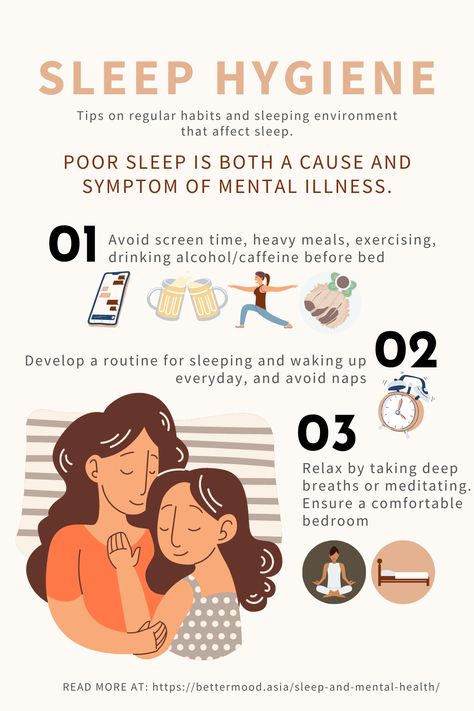
The daily ritual of caring for a baby must necessarily include bathing.
Moreover, this ritual will be different, depending on who was born to you.
- in the first month provides for particularly thorough hygiene of the genital organs. The genitals of the baby should be rinsed towards the ass. This way you prevent feces from entering the vagina. in the first month is different from what is needed for a girl. It can be washed from the front and vice versa. First you need to wash the penis, and then other areas around it.
ТМ Demi wishes that the first weeks of your angel's life will give you warm memories and that the little sun will grow up the healthiest and happiest!
Popular wisdom says: "In any incomprehensible situation, go to bed" and "Morning is wiser than evening." These proverbs were born only when observing babies. They really have a lot of problems with sleep. He slept a little longer - and everything is fine with him, he got stronger, grew up and wakes up in a good mood. Why is that?
Why is that?
Why sleep is so important
Sleep is not just a time of rest when nothing happens to us. This is a whole complex of mechanisms invisible to the eye, the work of which goes according to a certain scenario. Sleep should be treated with respect and attention. Sleep time should never be sacrificed. Sleep deficiency in an adult causes a 45% decrease in working capacity, and chronic sleep deprivation can lead to depression, overeating, behavioral changes, irritability, and reduced immunity.
If you don't get enough sleep, you will be in a bad mood and the child will have to deal with a lethargic and irritable mother. Sleep deprivation is one of the main problems of new parents. A newborn does not always sleep "baby sleep" all night, which means that they themselves cannot sleep. On the one hand, all modern parents already know that in the first year of a child's life, they will sleep little. On the other hand, there are things you can do for your own health and for the health of your baby.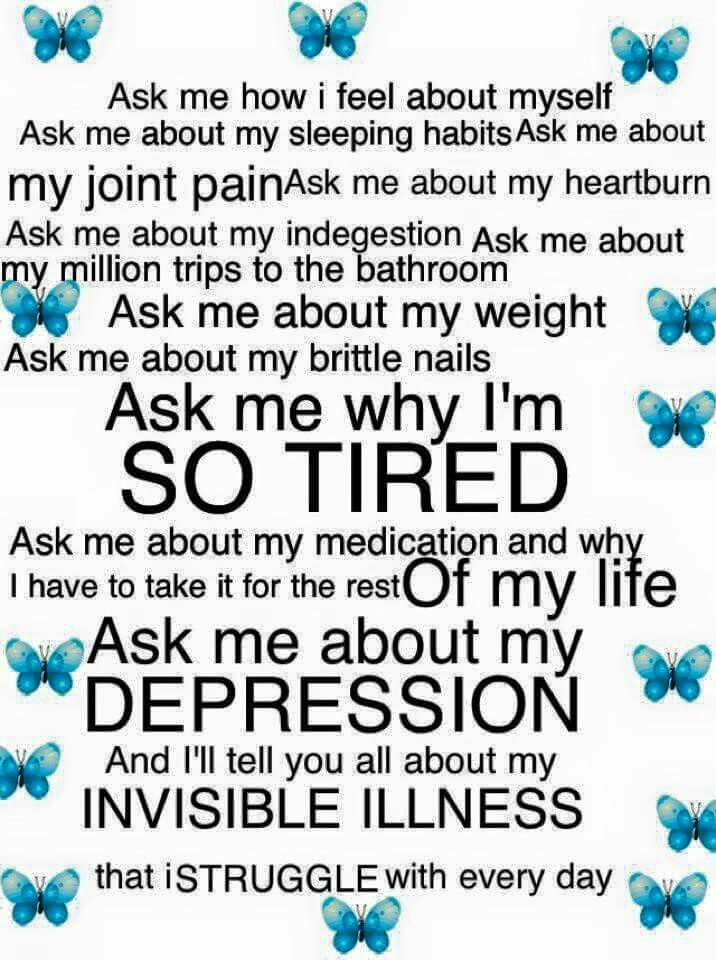 Namely, try to improve his sleep, especially at night. How to do it?
Namely, try to improve his sleep, especially at night. How to do it?
Hours of sleep and wakefulness
It is not in vain that the baby spends almost all his time in sleep. It is at this moment that it grows and develops: in the first 2 hours after falling asleep, growth hormone is actively produced. Quality sleep protects the psyche from overwork, strengthens the immune system. It is known that children with improved sleep get sick 30% less. Children's sleep is so important that it will easily overtake all other worries and affairs in the list of priorities. Elena Muradova, a certified consultant on children's and family sleep, suggests such a distribution of the phases of wakefulness and sleep by months.
The table is based on observations of the sleep of healthy infants. It's an average, but it's easy to get an idea of how kids sleep most of the time. Of course, these are not strict norms, but a guideline for parents.
Rhythm of life
Despite the fact that opinions about feeding and sleeping strictly by the clock have long and irrevocably been divided, and habits and way of life in each family are individual, the regimen is still useful for everyone.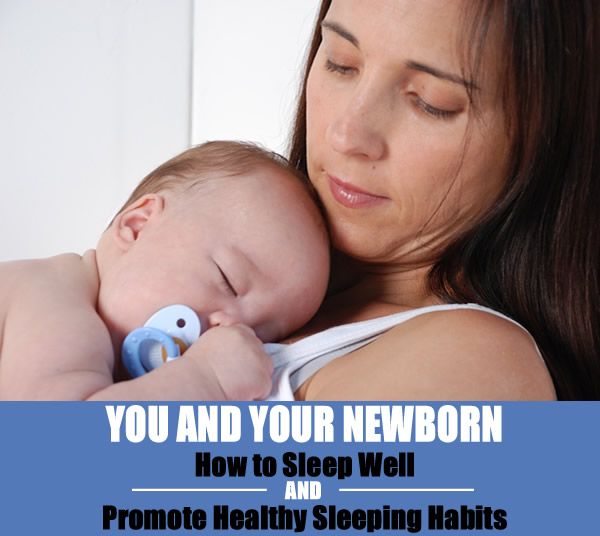 Both children and parents. The regime is not like a rigid schedule, but like a logical alternation of different phases. It is noticed that the child prefers the predictability of repeating cycles. Thus, biorhythms are easier to establish, which will ensure a healthy rhythm of life, comfortable for both the child and all family members.
Both children and parents. The regime is not like a rigid schedule, but like a logical alternation of different phases. It is noticed that the child prefers the predictability of repeating cycles. Thus, biorhythms are easier to establish, which will ensure a healthy rhythm of life, comfortable for both the child and all family members.
If you want to fine-tune the daily routine, the best way to do this is to observe and perhaps record how the child behaves during the day. And here there is one secret - to catch the moment, which experts call "window to sleep." During this period of time, the baby is just starting to get tired, but is still in a good mood. As soon as you see that the natural activity of the child is waning, you need to urgently leave everything and try to put the baby to sleep.
Signs of fatigue
- Baby rubs eyes;
- yawns;
- is naughty;
- his mood deteriorates;
- loses interest in the environment;
- turns away;
- becomes less mobile;
- picks at the ear.

If you do not catch these signs and skip the first stage of drowsiness, then overexcitation may occur, the baby will begin to act up, cry, not take the breast, refuse to fall asleep. At the moment of danger, an ancient mechanism is activated that prevents sleep: the adrenal glands release hormones into the blood, and at this moment a "second wind" opens. In this state, it is very difficult to put the baby to sleep! Of course, fatigue will take its toll, and the baby will fall asleep, but perhaps already with hysteria and tears. So it is important to catch the moment before the "window to sleep" closes.
A useful ritual
Children love it when things happen in a certain sequence, and always in the same order. So they are calmer and they feel safe. This directly applies to the main infant activity - sleep. You need to develop a clear laying ritual and always stick to it. Dim the lights in the room where the baby will sleep, avoid harsh sounds. A good sleep is where it is quiet, dark, comfortable temperature, and the air is fresh.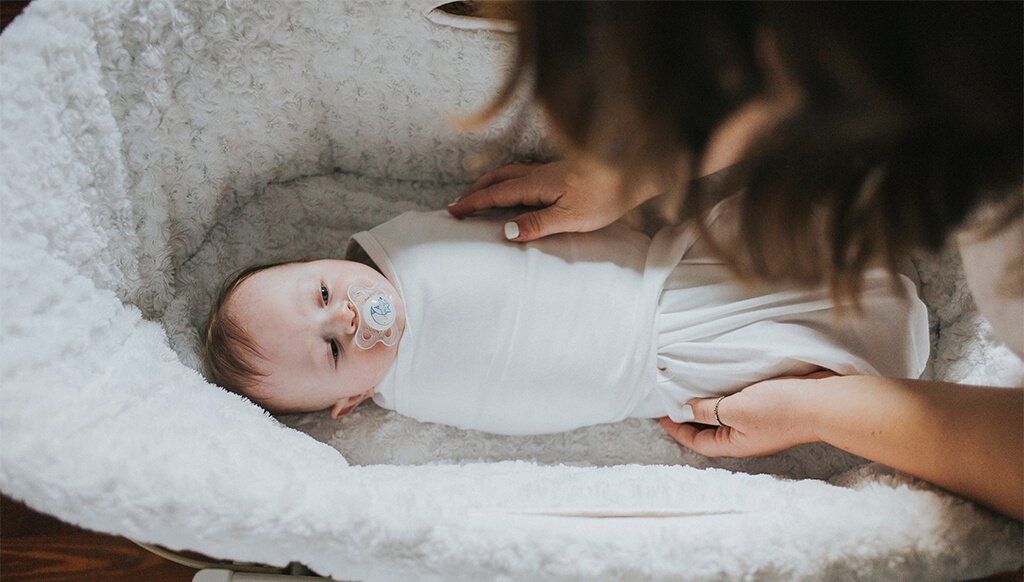
By the age of 3 months, you can develop a sleep-wake cycle that is comfortable for you and your baby. With age, the number of episodes of daytime sleep decreases and the main sleep occurs at night. Usually this is 5 hours without waking up for night feedings.
Parent traps
Should a child be rocked? Is it possible to teach a child to fall asleep on his own? How long should the laying ritual last? There are no "correct" answers to these questions. The ritual before going to bed is necessary for everyone, but what exactly it will be depends only on you. What you accustom yourself and your child to will happen day after day.
When your baby is 6-8 weeks old, start giving him a chance to fall asleep on his own. How? Put him to bed when he's sleepy but still awake, experts advise.
The ritual before going to bed marks the beginning of sleep, introduces the baby into it, relaxes, fills it with love. Sleep experts advise against motion sickness or feeding your baby before bed.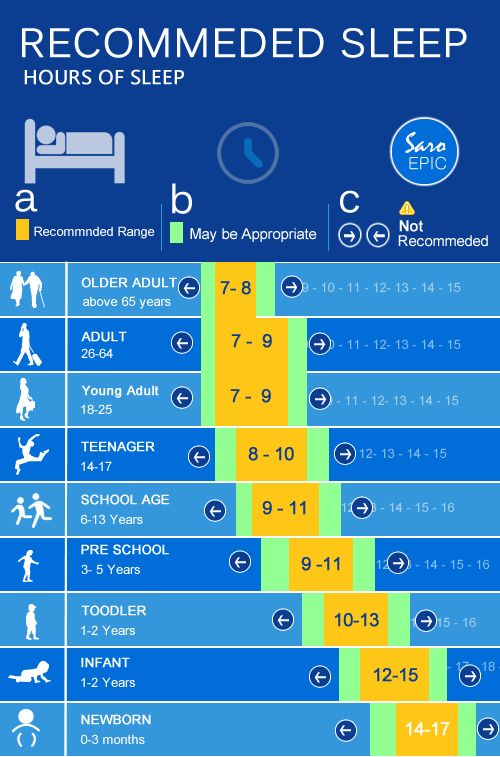 Parents think that if they start training the child too early, it will not work. But it's not. Babies develop sleep habits. If you rock your baby before bed every night for the first 8 weeks, why should he expect anything else later?
Parents think that if they start training the child too early, it will not work. But it's not. Babies develop sleep habits. If you rock your baby before bed every night for the first 8 weeks, why should he expect anything else later?
It is important that the child falls asleep where he will sleep. His consciousness remembers the circumstances of falling asleep, and if he suddenly wakes up by accident, he will not understand where he found himself. Anxiety will awaken him completely, and you will have to start all over again. Such associations associated with sleep begin to form in a child from 4 months.
There is another mistake that inexperienced parents make: they think that if they put the child to bed later, then in the morning he will not wake up too early. At first glance, this is a good idea - teenagers, for example, when they go to bed late, the next day they sleep until noon! Unfortunately, this does not work with young children. The biological clock is a powerful force that wakes young children up at the same time every morning, no matter what time they fall asleep in the evening. Parents who put their child to bed late will have a tired and lethargic baby the next day with signs of obvious sleep deprivation. Do not neglect the regime! The child must sleep through the hours of the night assigned to him.
Parents who put their child to bed late will have a tired and lethargic baby the next day with signs of obvious sleep deprivation. Do not neglect the regime! The child must sleep through the hours of the night assigned to him.
What determines a child's sleep
Once again, we emphasize that the norms of children's sleep are indicative and each child needs his own number of hours of sleep. What does it depend on?
Genetic features or hereditary predisposition. All people are divided into long sleepers and short sleepers. Those who get enough sleep for 8-10 hours of sleep are long-sleepers, while those who need 6-7 hours of sleep are short-sleepers. This feature is passed on to your baby. But not only genetics affects the need for sleep.
Activity during wakefulness. When you work harder, you need more sleep to recover. If the child received too many new experiences during the day, then he will sleep longer. If the child spent the day calmly, then, most likely, less sleep is needed.
State of health. When unwell, children sleep more and recover in sleep.
Sleep conditions. It has been proven that at a lower temperature, in the dark and with sufficient oxygen, sleep is better.
Sleep preparation can be energizing or relaxing. Choose the right evening ritual.
IMPORTANT: Children under 5 years of age usually do better if they live early, according to the body's biological clock.
And this means that the child should go to bed early and get up early. Then the children wake up fully asleep and in a good mood.
Wake up sleepyhead
Most often, parents sound the alarm when the baby does not sleep or sleeps poorly. But if the child sleeps a lot, parents are usually happy and rarely ask for help. But in vain: a baby under 1 month old who sleeps too long can suffer from dehydration and lose weight. If a baby older than 1 month sleeps more than usual, you need to watch him for a week and not rush to conclusions.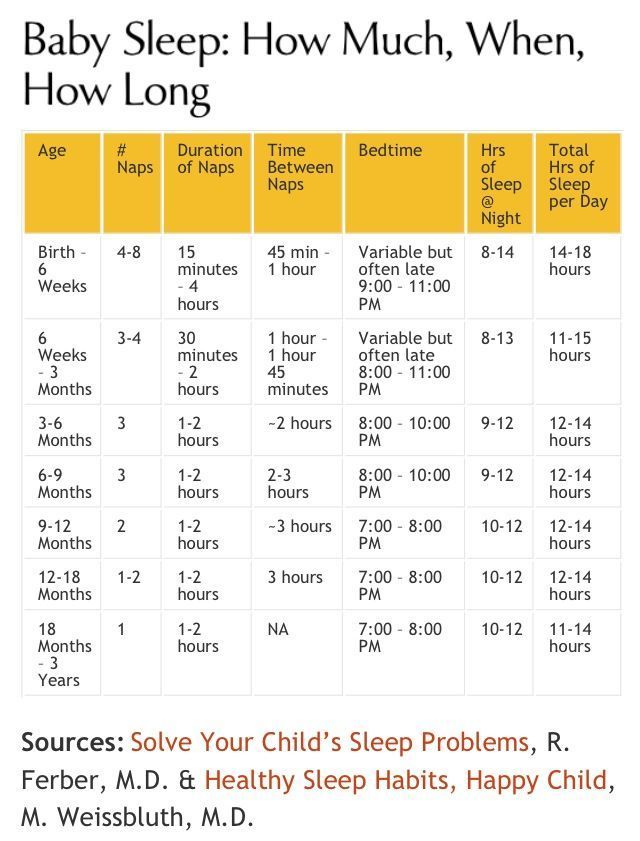 If too much sleep is observed for 7 days or more, you should contact a neurologist to check the functioning of the nervous system.
If too much sleep is observed for 7 days or more, you should contact a neurologist to check the functioning of the nervous system.
If you can't manage your baby's sleep on your own, contact a sleep consultant. Children's sleep experts will analyze your regimen, sleep conditions and fall asleep and give all the necessary recommendations. The main criterion of the norm is always the well-being of the baby, smiles and cheerfulness.
In the first month of life, a baby is defenseless and completely dependent on its parents. In order for him to grow up healthy and cheerful, he needs a daily routine that will take into account the needs for food, sleep and wakefulness. Today we will talk about the daily routine of a newborn at 1 month, how a month-old baby eats and how much sleeps, as well as how to set a schedule for the first time after the birth of a baby.
Approximate day regimen for a child of 1 month of age
The main requirement that the regimen in the neonatal period must meet is as follows: the child must grow up healthy and happy - which means receiving so much milk and so much sleep per day in order to be able to develop normally .
The vital needs of the baby in the first month of life are minimal. A well-chosen daily routine by the hour will help to better distribute and carry out tasks related to caring for a baby:
- Feeding schedule - includes a minimum of 6 meals per day with an interval of no more than 3.5 hours. Night break can sometimes be up to 4-6 hours;
- Daytime sleep – during daylight hours, an infant should have continuous sleep for 1.5-2 hours and 4-5 times a day;
- Night sleep - its total volume with breaks for feeding on demand can take an average of 6-8 hours;
- Walks - recommended for newborns both in the morning and in the evening. The duration of being outside at this age depends on the time of year and weather conditions.
A table that can be used as a basis for organizing a routine will help you create a daily routine for a child in the first month.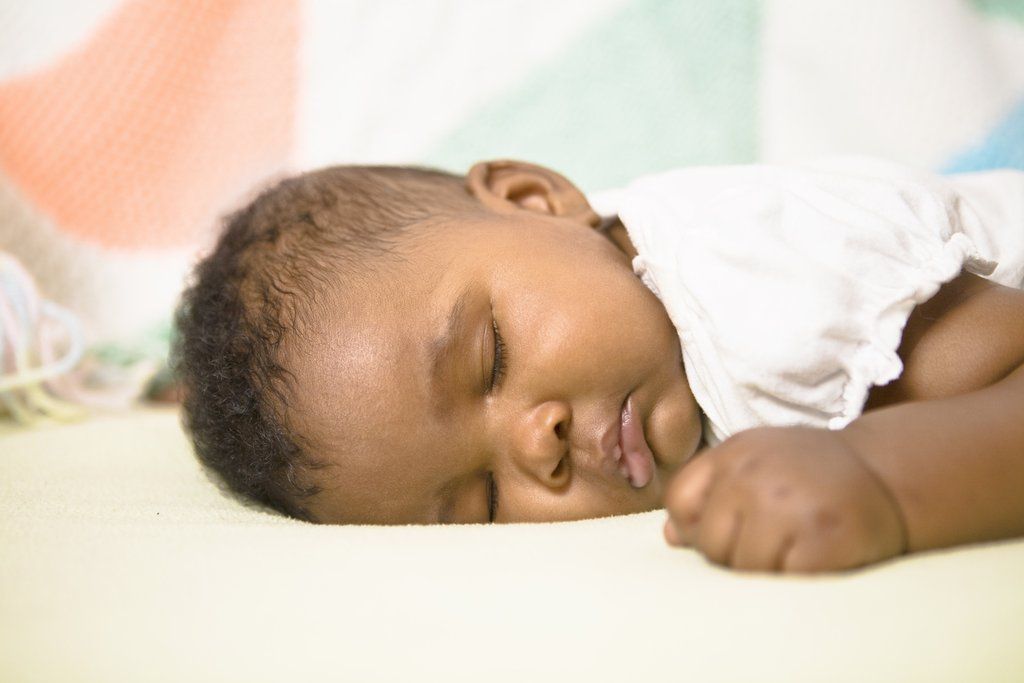
| 6.00 | First feeding. We try to swaddle the baby before the feeding process, then we feed, and then put the baby to sleep. |
| 8.30 | Morning baby toilet: diaper change, washing, cleaning the nose from mucus and crusts. |
| 8.45 | Second feeding. After feeding, you need to hold the baby upright so that he burps out excess air. |
| 9.00 | Sleep. |
| 12.00 | Third feeding, wakefulness, light tummy massage. |
| 12.30 | Walk outside: in the warm season - from 1 to 1.5 hours, in the cold - up to 1 hour (depending on the weather). |
15.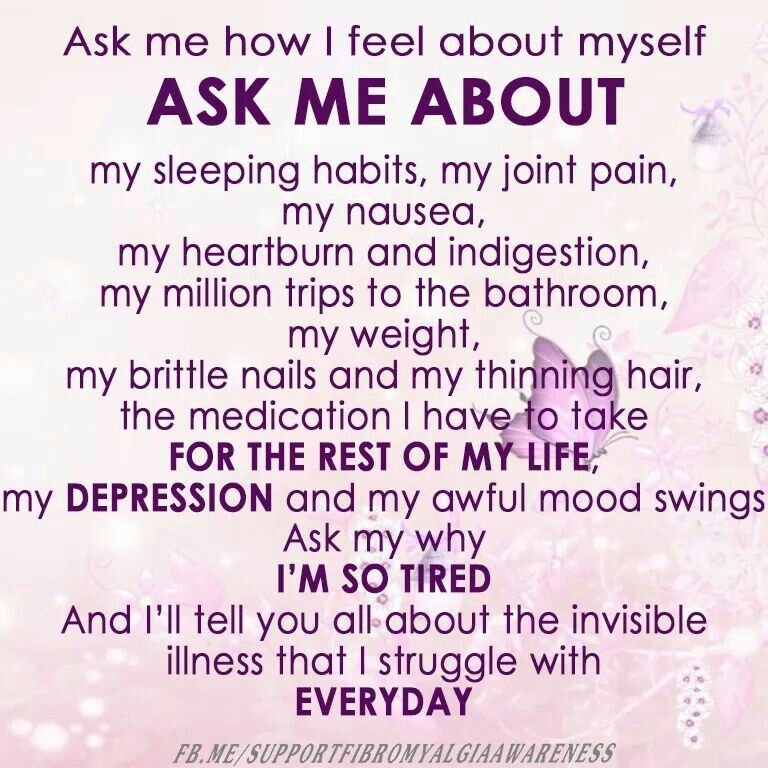 00 00 | Fourth feeding. |
| 15.30 | Sleeping outside or in case of bad weather at home with an open window / window (the main condition for home “walks” is that there is no draft). |
| 17.00 | Waking. |
| 18.00 | Fifth feeding, sleep. |
| 19.30 | Waking. |
| 20.30 | Bathing. |
| 21.00-21.30 | Sixth feeding, sleep. |
| from 10 pm to 6 am | Night feedings on demand |
Important! A well-formed daily routine is one of the important factors affecting the health of an infant. For an infant of early age, the regime is the basis of education.
Sleep of a one-month-old baby
How much a baby should sleep at 1 month worries most new parents. In the first weeks of his life, a healthy baby sleeps about 16-20 hours a day. The sleep of a child in the first month is sometimes restless. The reason for this may be: hunger, inability to burp air, pain in the tummy, temperature discomfort (the baby is hot or cold).
You can find out how to prevent possible causes of awakening using the table below.
| The child is hungry | Hungry, the baby wakes up and starts crying. Feed the baby, and he will calmly continue to sleep on. |
| Baby has colic | It is important to take care that the baby burps out excess air and passes gases. Hold it for 5-7 minutes in an upright position, then lay down and massage the tummy. |
| Baby woke up wet | Change the baby's diaper, wash it. |
| The child reacts to the change in background sound | Sometimes a child can fall asleep to the sound of the TV on and wake up when it is turned off from a sudden silence. Try to stick to one sound background during the baby's sleep. |
| Baby wakes himself up with arms and legs | It is necessary to swaddle correctly at bedtime so that the handles are under the swaddle. So the child will not wake up even during shallow sleep. |
| The child opens up in a dream and gets cold | Put your baby to sleep in a sleeping bag or secure the blanket to the mattress with safety clothespins. |
It is very important to consider where and how the baby will sleep after birth. There can be several directions of choice:
- the baby will sleep in the same bed with mom and dad;
- the baby will sleep separately in his own crib;
- "on occasion" - it is allowed that the baby can fall asleep during the night both in the parent's bed and in his own.
Tip! Do not categorically insist on one of the options for the location of the child during sleep. Try all possible variations and settle on the solution that suits your family.
Norms of night sleep
So, how much do babies sleep at night at 1 month? At this age, the norm of a night's sleep of the baby is about 8-9 hours. But this happens on the condition that the child will receive milk on demand. Two factors are at play here - if the child sleeps with their parents, it is more likely that the sleep will be longer. When the baby and mother sleep separately, sleep is shorter than when they are together, and lasts no more than 6-7 hours.
Feeding the baby
From a week to a month old, depending on the individual characteristics of the child, it is necessary to feed him approximately 6-7 times a day. The number of meals is regardless of what type of feeding the baby is on: breastfeeding or artificial. But it is possible that the actual number of on-demand breastfeedings will exceed this figure.
A special table will help determine how much milk / mixture a newborn child should eat at a time and in general per day in accordance with the norm.
| from birth to 5 days | 200-300 ml | 20-60 ml |
| 1 week of life | 400 ml | 50-80 ml |
| 2 weeks of life | 500 ml | 60-90 ml |
| 4 weeks of life | 600 ml | 100-110 ml |
Please note! The local pediatrician determines the exact amount of food consumed, based on weight indicators and the individual needs of the child.
Avoid overfeeding your baby. A large amount of fluid you drink can cause:
- digestive problems;
- incomplete digestion of milk/formula;
- constipation;
- frequent regurgitation of food;
- colic, etc.
Establishing a baby's nutrition by the hour will be easier if you distribute meals evenly over the current day. It is important for parents to know that formula-fed babies eat less formula than their peers drink mother's milk. It will take less time for a child to satisfy his hunger on the mixture, but the break with this type of feeding should be longer.
Feeding regimen for a one-month-old newborn baby from Dr. Komarovsky (video):
Hygiene procedures
Washing
In the morning, the baby should be washed daily. You can do this with boiled and slightly warm water, special water for washing (sold in large bottles) or ordinary tap water.
- Morning hygiene is very simple: a small cotton pad is soaked in water and wiped over the child's face, lips and eyes.
- The spout is cleaned with cotton balls soaked in peach oil. Pre-nasal passages can be dripped with saline (1-2 drops for each nostril) to soak dried crusts.
- As for children's nails, it is better not to touch them at all for the first 2-3 weeks - they are extremely soft, and when trying to cut them off, the baby may develop inflamed burrs. If the baby scratches himself, it is worth putting on special scratch mittens for him.
- The umbilical wound should be treated once a day with hydrogen peroxide, and then lubricated with brilliant green or chlorphyllipt solution 2-3 times a day. You can bathe a baby with an umbilical wound that has not dried up, but after the bath you need to treat this place.
Evening bath
You can bathe your baby from the first day of life. The bathing procedure is carried out both in a common "adult" bath (before that it must be thoroughly washed), and in a small children's bath - as it is more convenient for parents. The water temperature must be at least 36-37°C.
What you need to know about bathing a child of 1 month of life:
- bathing a newborn baby is necessary daily;
- to use hygiene products (gels / foams / shampoos) is worth no more than 1 time per week;
- , contrary to “experienced advice”, you can not add anything to the water (potassium permanganate solution, etc.) - tap water has already been purified and is safe for bathing newborns;
- usually bathing lasts 10-15 minutes, but it is better to focus on the mood of the baby - if you are capricious, then it's time to get out, even if no more than 5 minutes have passed;
- after a bath, the child should be wrapped in a towel and the remaining moisture should be blotted with light movements;
- When the baby is dry, his skin can be treated with milk, cream or oil. It is necessary to carefully lubricate all the folds - under the armpits, on the neck, in the groin, in the popliteal and elbow fossae.
Walking with a newborn baby
Walking with your baby is necessary in any weather. A child who is often in the fresh air is less likely to get sick, eats with great appetite and better digests food. Under the influence of sunlight, vitamin D is formed in the body of the crumbs, which prevents the development of rickets.
- For the first time outside with a baby, you should not stay longer than 10 minutes, but gradually the walks will take longer and longer - up to 1.5-2 hours and preferably several times a day.
- It is not recommended to walk for more than 2 hours during the autumn-winter period. Remember that the baby needs to be protected from the wind. At first, the baby's face is only slightly opened for a walk. After a couple of weeks, the child can breathe air in the stroller or in his arms with his face open.
- In summer, you can be outside almost all day, except for the hottest hours. During walks, the baby should be periodically fed with water or offered breast milk.
Tips for parents on setting a daily routine
First, let's repeat together and make a short summary of what the daily routine of a newborn should be:
During the first month of a child's life, parents should outline a fairly flexible routine, looking at the characteristics of the baby's behavior, the duration of the intervals between feedings. During all four weeks, the baby's body will grow stronger and get used to new conditions. Only in 2-3 months can you gradually accustom the baby to a more strict daily routine.
How does a baby sleep at 1 month
How much do babies sleep in the first month of life?
In the first month after birth, babies sleep 16-18 hours. Conventionally, half of this time is at night, half - during the day. The child is awake, eats, then sleeps at his own rhythm , without a regimen, and wakes up to eat an average of 2-3 times a night - this is normal, since the stomach is still very small and, accordingly, the baby simply cannot eat enough to sleep all night.
Day and night in newborns.
A newborn child does not have a "night" in the adult sense of the word. He will learn to distinguish between day and night only by the age of 6-8 weeks.
But you can help baby to begin to distinguish day from night :
1. Opening the curtains in the morning when he woke up.
2. While awake during the day the child should be in bright light .
3. Avoid bright lights at night, even during feeding and diaper changes . Try not to entertain the child with communication, do not talk. In order to navigate at night - buy a nightlight with the most dim light, preferably a "yellow" / amber spectrum.
! Note that "cold" daylight contains blue wavelengths that inhibit melatonin synthesis. This can make it harder for you and your baby to sleep after 3 months!
Don't let your baby get excited.
Be careful not to let your child get overexcited by staying up too long or being in a noisy, crowded environment.
When a newborn is overexcited, he may sort of turn off - it looks like he has suddenly fallen asleep. This state is similar to a dream, but in fact it is just a way to “turn off reality”. This is a form of self-soothing that they use for up to 6-8 weeks, until they learn to deal with overexcitation in a different way. After such a “shutdown”, the child usually wakes up less rested, and in the evening he may cry more from fatigue or be more restless.
The more the child is “off” during the day, the more it will be “on” at night. Children need quiet waking hours, and if they don't get enough during the day, they will make up for it at night.
VIDEO LESSON
Baby sleep from 0 to 3 months
More
Waking time and how to understand that the baby wants to sleep?
During the day, the child should sleep for 2-3 hours in a row. After 3 hours, the baby can be gently awakened to feed. Long periods of sleep, best left for the night.
But just like , don't allow too long intervals between feedings, don't let your baby stay awake for too long. Maximum 2 hours. Staying awake longer is a huge stress for a child. You will see that the child wants to sleep by signs of fatigue :
- he rubs his eyes
- yawns
- a little later he may start rubbing his ears
- his movements slow down
- the gaze "stops" and becomes fixed "nowhere"
- he begins to whimper, scream and show anxiety .
What time should a newborn baby go to bed?
Plan your last meal and sleep at the time you yourself go to bed around 22-23 . Please note that after a few months the child will need to be laid much earlier. Before this, try to keep the baby awake for 2 hours . This is usually quite easy, especially since it is often convenient for dad to communicate with the child just at this time.
